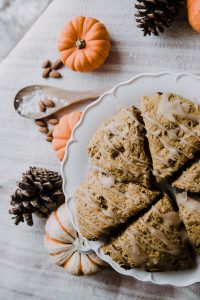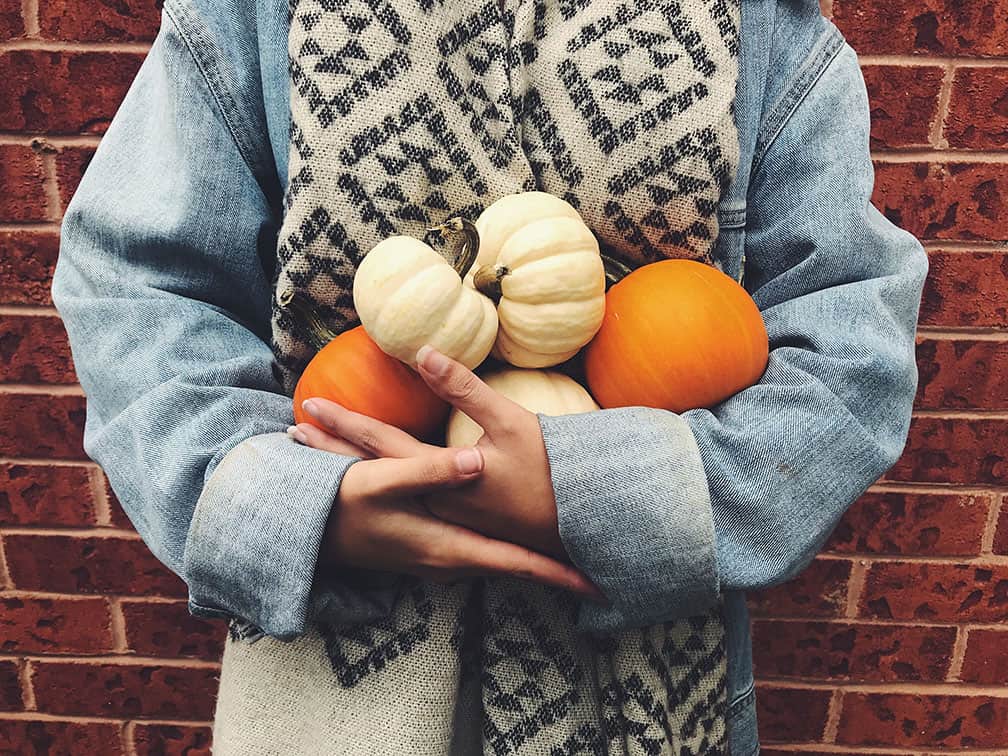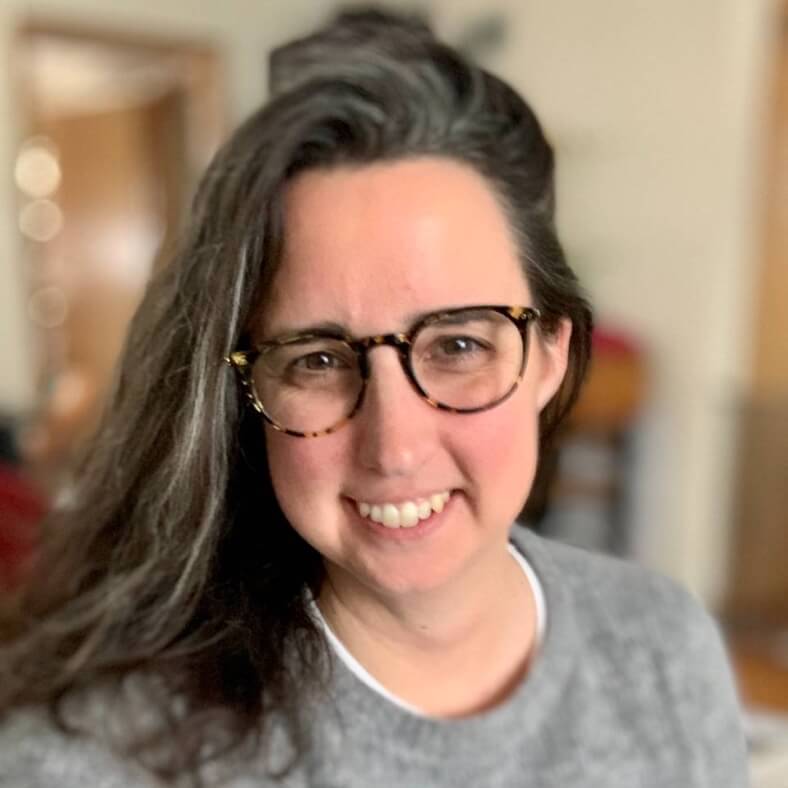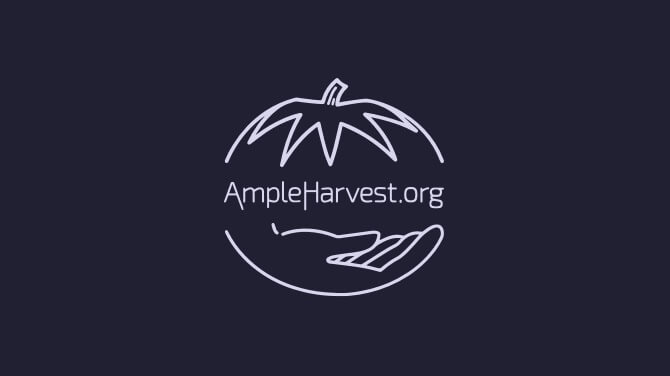It’s pumpkin season! The United States produces about 1.4 billion pounds of pumpkins every year. The scary news is that many of the pumpkins grown for Halloween end up as food waste in a landfill. Reducing food waste will help address climate change, as 20 percent of total U.S. methane emissions come from landfills. Not everyone considers pumpkins a source of food, but they are definitely edible! Did you know pumpkins a good source of vitamins, minerals and fiber? This versatile winter squash is also low in fat and calories. Plus, if well selected, a pumpkin can be kept for several months when properly stored.
In order to help keep your Halloween food waste free, follow these simple tips:
- Chose a pumpkin that is heavy for its size, make sure it’s free of cuts, punctures, or moldy spots. The NRDC notes, “big, decorative pumpkins tend to be stringier and less flavorful than the smaller “sugar pumpkins” (though both are perfectly safe to consume).”
- Get creative and group different sized pumpkins as a table centerpiece or a festive outdoor display.
- After Halloween is over, donate uncut pumpkins to a food pantry near you.
When donating, consider including helpful print outs that demonstrate different ways you can cook this seasonal superstar. USDA’s MyPlate has showcased five easy recipes with pumpkin as the main ingredient. Their website states, “People who eat more vegetables and fruits as part of an overall healthy diet are likely to have a reduced risk of some chronic diseases. Fruits and vegetables provide nutrients vital for the health and maintenance of your body. Pumpkins are full of color and are a great way to eat your veggies!”

Photo by Priscilla Du Preez on Unsplash
UAF Cooperative Extension Service also has some great cooking resources to help. The Extension has publications with recipes and instructions on selecting, preparing and processing winter squash and pumpkin seeds. However, they do note, “Be aware that painted pumpkins can absorb the toxins through the pumpkin shell and are not recommended for compost or consumption.” You can call your local Extension office for more information.
If you carved or painted your pumpkins, or if they have begun to rot, they are not fit for consumption. Instead of throwing them in the trash, please compost instead. It’s better for the environment, and every step helps in the fight to end food waste.
42 million Americans live in food-insecure households. Together we can help reduce food waste and address food insecurity.




